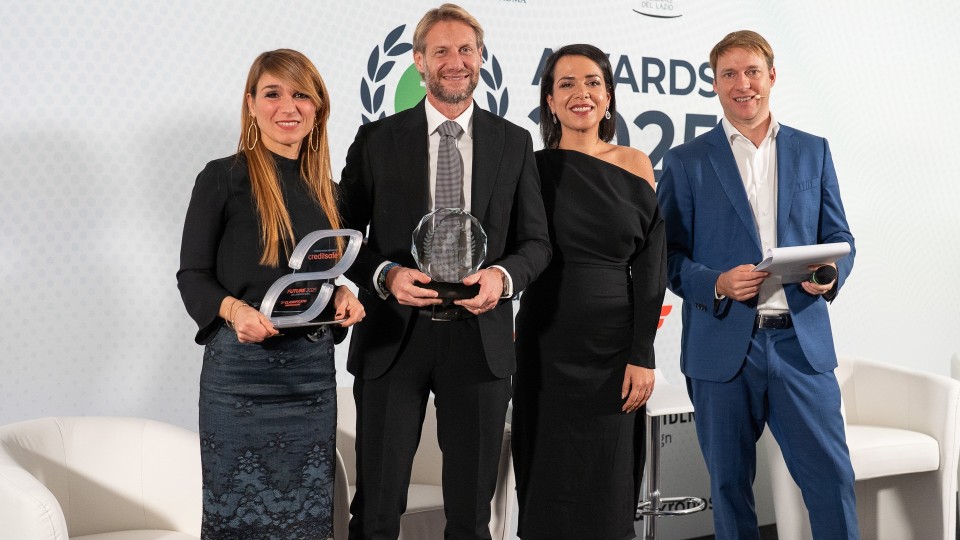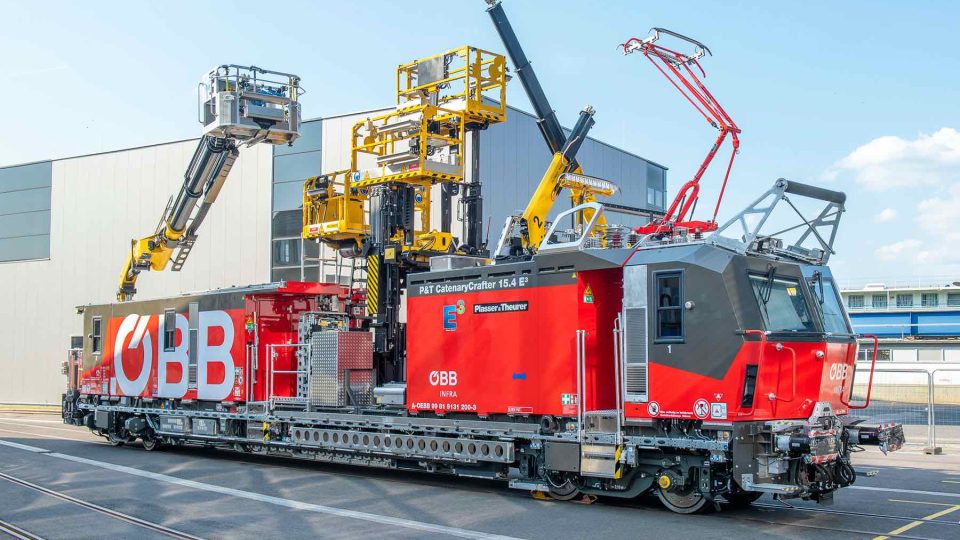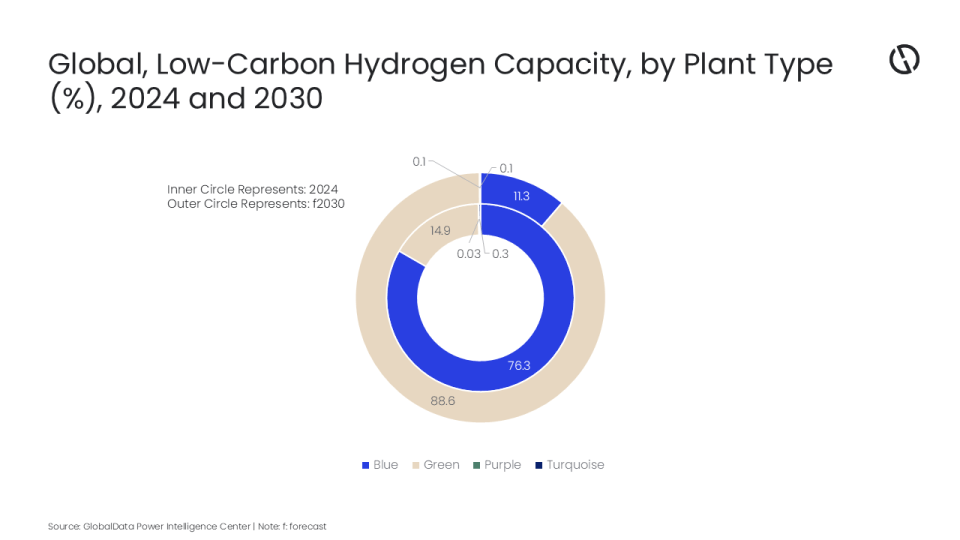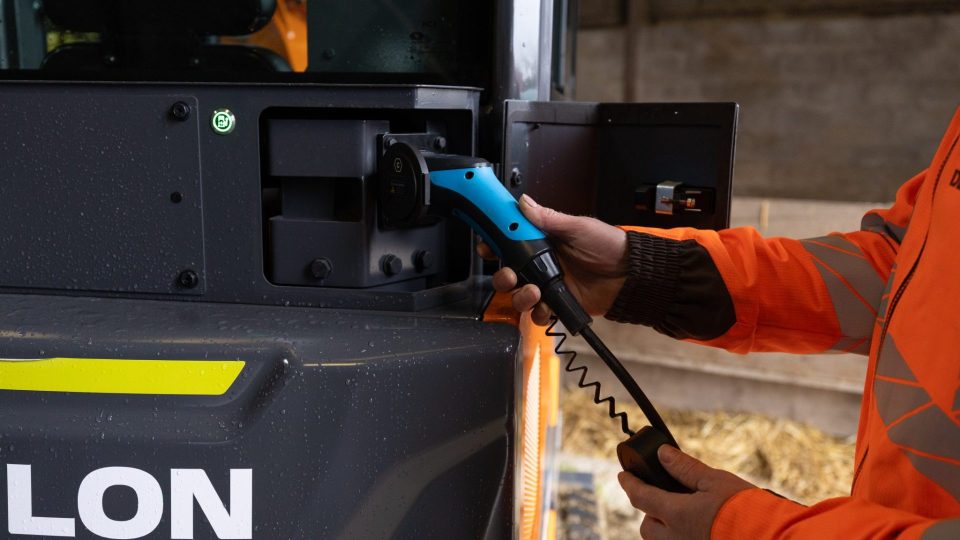CATL and BASF, among others
BASF and CATL have signed a framework agreement for cathode active materials. CATL also signed an agreement concerning a US$6 Billion Battery Integration Project in Indonesia
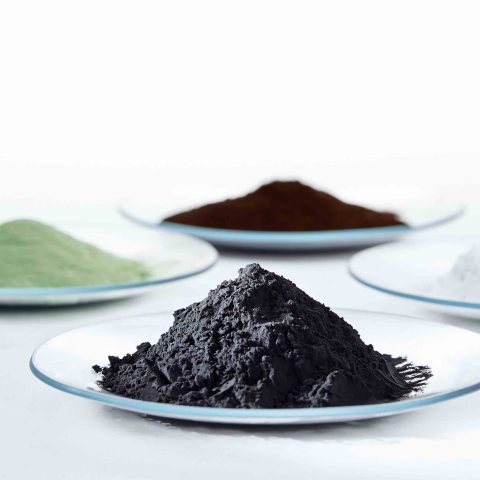
Let’s catch up on CATL ‘s dynamic activities, kicking off with their agreement signed with BASF for cathode active materials. Under the agreement, BASF will cooperate with CATL on a global scale. BASF will support CATL‘s global layout through its global production network.
The President of BASF ’s Battery Materials division about CATL
“We are proud to work with CATL, a global market leader in battery technology. Our diversified and local production footprint for innovative cathode materials will support CATL’s global business development,” said Daniel Schönfelder, President of BASF ’s Battery Materials division. “We are committed to the global battery industry and continue leveraging partnerships like the one between CATL and BASF Battery Materials.”
6 Billion US Dollars Battery Integration Project in Indonesia
Ningbo Contemporary Brunp Lygend(CBL), a subsidiary of Guangdong Brunp Recycling Technology, Ltd (Brunp), in partnership with PT Aneka Tambang Tbk (ANTAM) and Indonesia Battery Corporation (IBC), officially broke ground on the Indonesia Battery Integration Project in Karawang, Indonesia’s West Java Province. Brunp is a subsidiary of Contemporary Amperex Technology Limited (CATL).
Spanning over 2,000 hectares, the Indonesia Battery Integration Project, with a planned investment of nearly USD 6 billion, covers the full battery value chain including nickel mining and processing, battery materials and battery recycling at the FHT Industrial Park of East Halmahera, North Maluku Province, and battery manufacturing in Artha Industrial Hill (AIH) and KNIC of Karawang, West Java Province.
The battery plant in Karawang will deliver an annual capacity of 6.9 GWh in the first phase. The other key component of the project is the establishment of Indonesia’s first renewable energy circular system, with nickel mining and processing, battery materials, and battery recycling operations deployed at the FHT Industrial Park. Once fully operational, the facility is expected to produce 142,000 tons of nickel and 30,000 tons of cathode materials annually, along with the capacity to process around 20,000 tons of recycled batteries.

